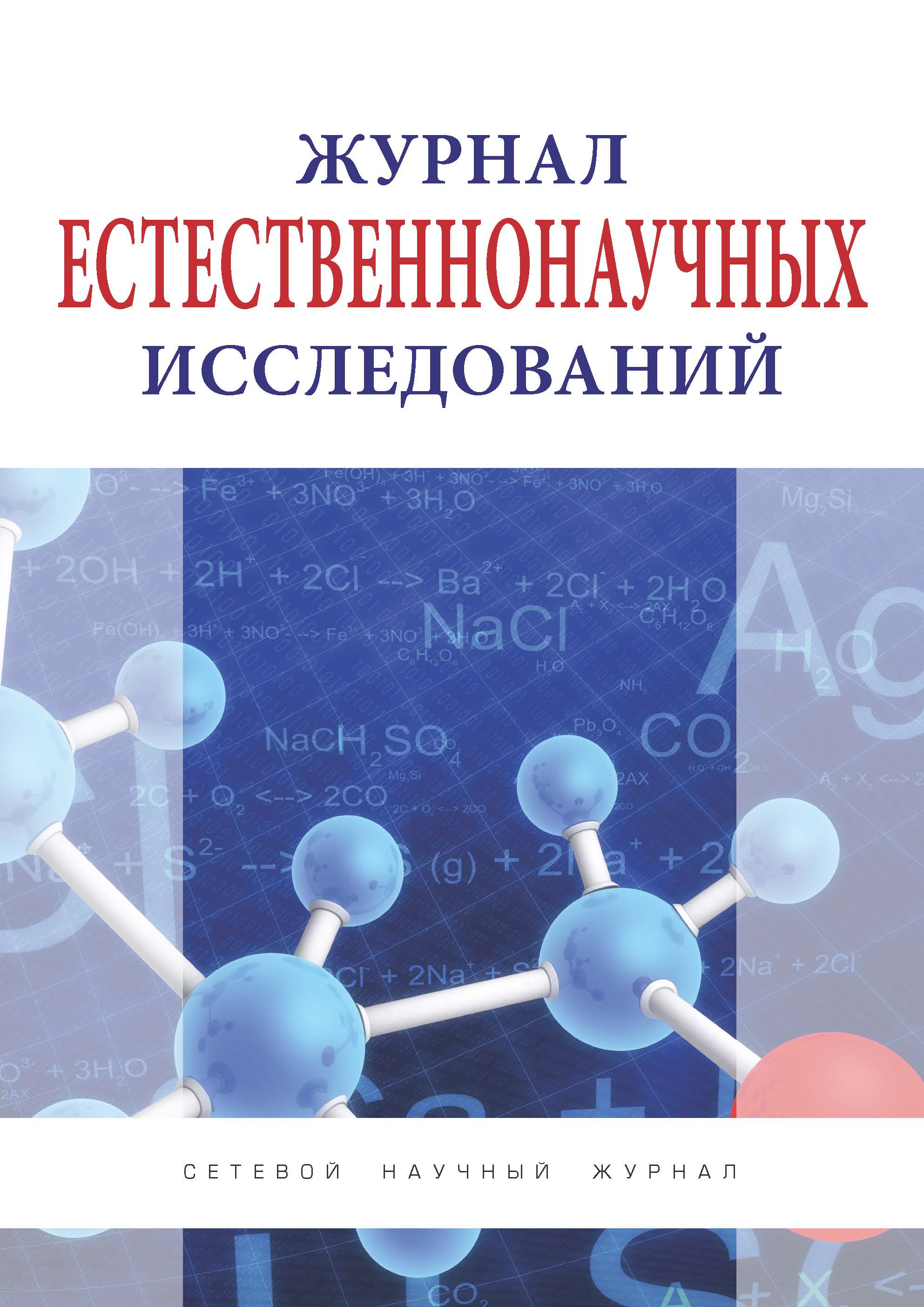from 01.01.2019 until now
Russian Federation
Russian Federation
Russian Federation
from 01.01.2023 until now
Voronezh, Voronezh, Russian Federation
UDC 50
CSCSTI 15.00
CSCSTI 76.00
Russian Classification of Professions by Education 30.00.00
Russian Classification of Professions by Education 31.00.00
Premenstrual syndrome is a complex multifactorial disease characterized by both behavioral and somatic symptoms, including increased emotional lability, irritability, anxiety, anger, apathy, insomnia, muscle and joint pain, gastrointestinal disorders, etc. The clinical picture of premenstrual syndrome is wave-like, the onset of symptoms is associated with the luteal phase of the menstrual cycle, and their complete disappearance and relief with the onset of menstrual bleeding. This article touches on risk factors for premenstrual syndrome, etiology, pathogenesis, as well as psychological aspects and diagnostic problems.
premenstrual syndrome, PMS, menstrual cycle, premenstrual dysphoric disorder, psychology, gynecology, depression
1. Sasunova R.A., Mezhevitinova E.A. Predmenstrual'nyy sindrom // Ginekologiya. 2007. № 6. S. 34–38 [Sasunova R.A., Mezhevitinova E.A. Predmenstrual'nyj sindrom // Ginekologija. 2007. № 6. S. 34–38 (in Russian)].
2. Premenstrual Syndrome and Premenstrual Dysphoric Disorder Sabrina Hofmeister et al. Am Fam Physician. 2016.
3. Nevatte T, O'Brien PM, Bäckström T, Brown C, Dennerstein L, Endicott J, Epperson CN, Eriksson E, Freeman EW, Halbreich U, Ismail K, Panay N, Pearlstein T, Rapkin A, Reid R, Rubinow D, Schmidt P, Steiner M, Studd J, Sundström-Poromaa I, Yonkers K; Consensus Group of the International Society for Premenstrual Disorders. ISPMD consensus on the management of premenstrual disorders. Arch Womens Ment Health. 2013 Aug;16(4):279-91. doi:https://doi.org/10.1007/s00737-013-0346-y. Epub 2013 Apr 27. PMID: 23624686; PMCID: PMC3955202. EDN: https://elibrary.ru/CAKVZU
4. Premenstrual syndrome. Kimberly Ann Yonkers et al. Lancet. 2008.
5. Ginekologiya. Nacional'noe rukovodstvo. Kratkoe izdanie / pod red. G. M. Savel'evoy, G. T. Suhih, I. B. Manuhina. — M.: GEOTAR Media, 2013. — 704 s. ISBN 978-5-9704-2662-3.
6. Potter J., Bouyer J., Trussell J., Moreau C. Premenstrual syndrome prevalence and fluctuation over time: results from a French population-based survey // J Womens Health (Larchmt). 2009. Vol. 18(1). P. 31–39.
7. Bertone-Johnson E.R., Hankinson S.E., Willett W.C. et al. Adiposity and the development of premenstrual syndrome // J Womens Health (Larchmt). 2010. Vol. 19 (11). P. 1955–1962.
8. Haghighi E.S., Jahromi M.K., Daryano O.F. Relationship between cardiorespiratory fitness, habitual physical activity, body mass index and premenstrual symptoms in collegiate students // J Sports Med Phys Fitness. 2015. Vol. 55(6). P. 663–667.
9. Hantsoo L, Rangaswamy S, Voegtline K, Salimgaraev R, Zhaunova L, Payne JL (2022) Premenstrual symptoms across the lifespan in an international sample: data from a mobile application. Arch Womens Ment Health 25:903–910. https://doi.org/10.1007/ s00737-022-01261-5 DOI: https://doi.org/10.1007/s00737-022-01261-5; EDN: https://elibrary.ru/QGXACL
10. Unanyan A.L., Sidorova I.S., Kuzenkova N.N., Nikonec A.D., Elisavetskaya A.M., Nikitina N.A., Nesterenko Z.A., Soldatenkova N.A., Baburin D.V. Predmenstrual'nyy sindrom: etiopatogenez, klassifikaciya, klinika, diagnostika i lechenie. RMZh. Mat' i ditya. 2018;26(2(I)):34-38
11. Yonkers K.A., O’Brien P.M., Eriksson E. Premenstrual syndrome // Lancet. 2008. Vol. 371 P. 1200–1210.
12. Miller MN, Miller BE. Premenstrual exacerbations of mood disorders. Psychopharmacol Bull. 2001 Summer;35(3):135-49. PMID: 12397883.
13. Bäckström T, Hammarbäck S. Premenstrual syndrome--psychiatric or gynaecological disorder? Ann Med. 1991 Dec;23(6):625-33. doi:https://doi.org/10.3109/07853899109148094. PMID: 1663771.
14. Premenstrual syndrome and premenstrual dysphoric disorder: quality of life and burden of illness. Andrea J Rapkin et al. Expert Rev Pharmacoecon Outcomes Res. 2009 Apr.
15. Premenstrual syndrome--psychiatric or gynaecological disorder? T Bäckström et al. Ann Med. 1991 Dec.
16. Progesterone and Its Metabolites Play a Beneficial Role in Affect Regulation in the Female Brain. Małgorzata Stefaniak et al. Pharmaceuticals (Basel). 2023.






